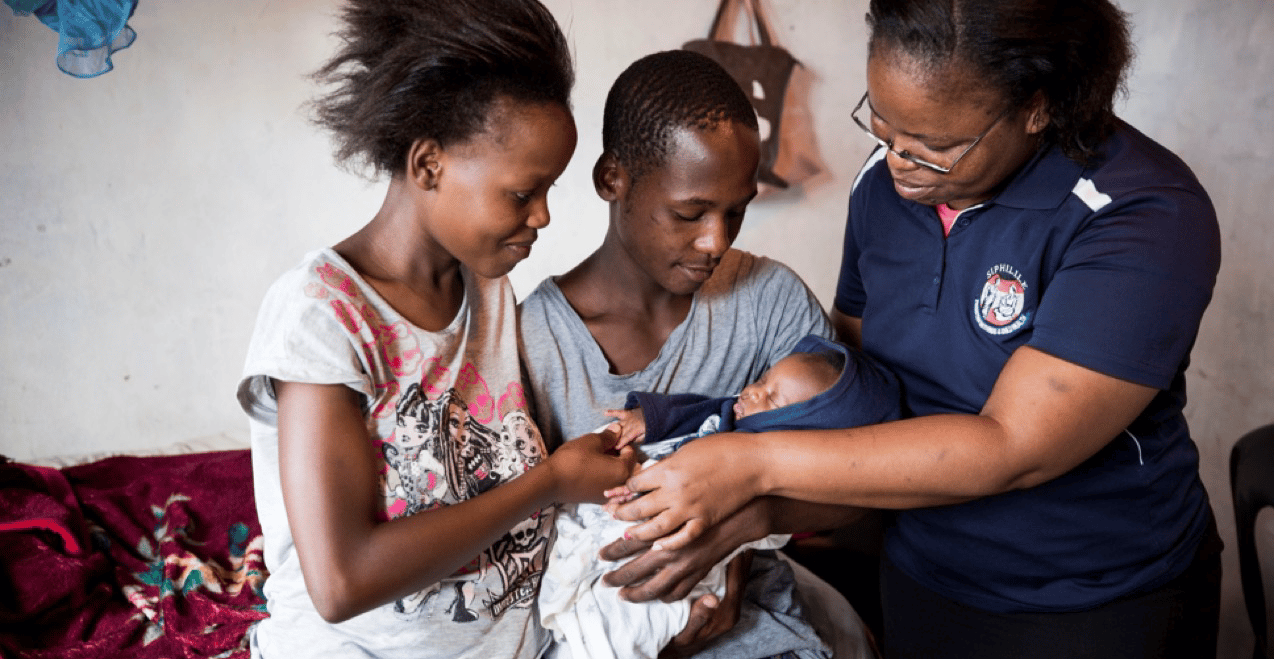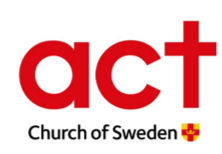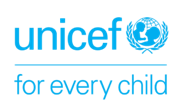

Mentor Mothers
A Mentor Mother should be a respected individual who lives in the community where she will be working. She must also have good listening and communication skills. She must be a ‘positive deviant’, having raised healthy children herself. A Mentor Mother also needs to be committed to improving the health of families in her community, with women and children as a priority.
Currently 49 Mentor Mothers are employed by Siphilile, working in Matsapha, Manzini and Malkerns, eSwatini. The Mentor Mothers work four hours a day, doing home visits in the community to support pregnant women and families with vulnerable children.
The work includes several different responsibilities. Siphilile Mentor Mothers:
- Support pregnant women to follow their antenatal health care plan
- Promote exclusive breast feeding and PMTCT (Prevention of Mother-to-Child Transmission of HIV)
- Identify malnourished children and refer severe cases for treatment
- Screen for maternal depression and refer for counselling
- Detect and support women affected by gender-based violence
- Mediate contacts with the health care system and refers women and children to the appropriate service provider
The Mentor Mothers have an important role as health advocates and all their work is strictly confidential.
Promoting Early Childhood Development
Siphilile promotes Early Childhood Development (ECD) through comprehensive ECD education in the homes by Mentor Mothers and in informal daycare centers by a team of Daycare Mentors. This is done through:
- Promotion of good nutrition for children
- Promotion of hygiene and sanitation
- Educating caregivers on early stimulation to facilitate good achievement in all the domains of child development.
Siphilile Relief Fund
Siphilile is currently funded by Church of Sweden and Swedish International Development Cooperation Agency (Sida). Sometimes there however is a need for additional measures, when material and economical barriers cannot be succumbed. Lack of food can be pressing and transportation to get medical attention might be urgent; situations that can only be solved by monetary or material contributions from the Mentor Mothers.
The Mentor Mothers also meet situations of social misery, where women and children are living in abusive relationships, with small means to change their life situation. The rate of orphaned children is also alarming in Swaziland, leaving many young children in vulnerable circumstances. Single social interventions can break the social, economic and cultural barriers of such conditions.
Siphilile Relief Fund has been instituted to address these challenges. Small amount of funds can be life changing in the right time. If you want to make a contribution directly to Siphilile Relief Fund, please contact the Executive Director.
Your contribution will be most valuable and welcome! Thank you! Please contact Account Officer for further details on how to proceed!
How to overcome barriers
One of the Mentor Mothers came to inquire if it would be possible to lend 250 Emalangeni , about 10 US dollars , to Zandile , one of her clients. The woman had previously had a fruit stand outside the local secondary school and managed to support herself on what she could sell. Now she had become pregnant and had a baby . Zandile had been unable to continue with her small business. Now her daughter was three months, and the new mother wanted to start selling fruit to school children , but she had no money to begin with. She therefore had to borrow the money she needed and promised that it was not a problem to pay back 50 Emalangeni a month until it was paid in full.
In less than a year it is 2015 , and many of the Millennium Development Goals will not be achieved. The first MDG, which is about reducing extreme poverty and hunger by half, has however already some years ago been reached. Depite this, more than a billion people live on less than 1.25 dollars a day, and in sub-Saharan Africa the development has basically been stagnant.
So what is it that makes it so difficult to overcome poverty and to allocate resources fairly? The answer is not simple, but is mostly about the structures that can not easily be changed. We are all stuck in the social and economic structures, but for the people who live in extreme poverty the step to break the status quo is extremely difficult. But while it may be unaffordable for the individual, it can be an almost minimal investment for someone with just a little more resources. Zandile borrowed only 10 US dollars, a sum that she will soon be able to pay back. The money was a turning point, an opportunity to get out of a situation where she lived day by day. It can be difficult to understand when coming from a context in which there are resources even if one would go broke. There might be family and friends from which one could readily borrow money, a social safety net , not only provided by the government. But if you 're in a situation where everyone you know , and everyone around you are in the same situation , you don't have the chance to get those 10 US dollars which can make it possible to support oneself.
Hunger is often said to be a problem of allocation of resources. That there is enough food in the world and that it is really just about distributing it equitably. Even among Siphilile's Mentor Mothers voices are raised that we should hand out food, that we could alleviate suffering by ensuring that those who do not have food get it. The idea is of course true; if only we could reallocate resources so there would be no need to go hungry . But if the effort does not alter the structures and rules of the game we will be in the same situation next week or month again, with the risk to create dependency rather than change. If Zandile had received a food parcel for 10 US dollars instead of money nothing had changed. Siphilile Relief fund aims to create change.
Gender and Theology
Gender inequality and an understanding of gender issues complicate the possibility for women to contribute to a sustainable livelihood for themselves and their families. Lack of antenatal care is the main cause of high maternal mortality and has a direct impact on child health, nutrition and mortality. Inequalities are also closely linked to both gender based violence (GBV) and women's and girls' nutrition, where in many instances they are the last in the family to get food. In the long term, women's lack of nutrition impacts on the health and nutrition of the children.
The religious and cultural understanding in a larger number of churches in Africa on issues related to SRHR and Sexual orientation and gender identity (SOGI) has often helped to reduce the ability of men and women to live equally, to decide over their own bodies and sexuality and has limited their reproductive choices. Through the church and church leaders' authority in the African context access to SRHR is not promoted.
Siphilile Maternal and Child Health
PO Box 326
Matsapha, Swaziland
Phone: +286 2518 8661
Facebook
Supported by:





